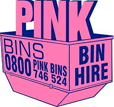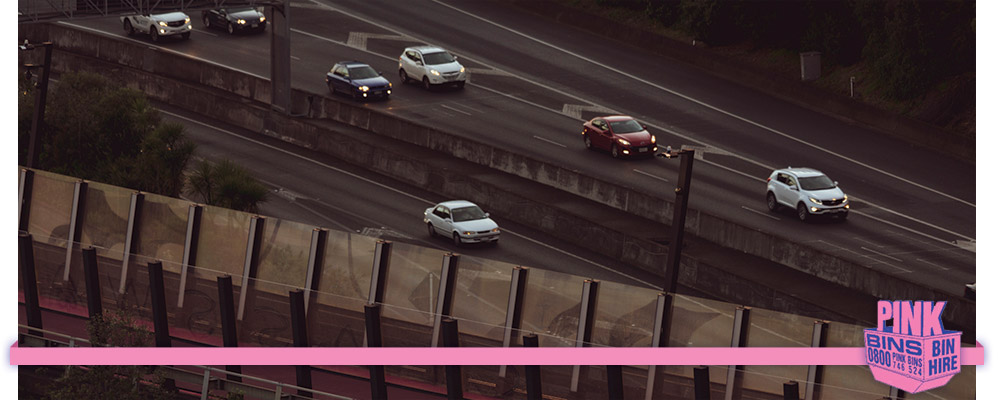If you live in Auckland, traffic congestion is probably causing you a bit of a headache — in the City of Sails, commuters spend on average 12 days stuck in traffic. So, to ease the pain, the Government has increased its dose of road user charges.
Not long ago, our trucks could set off at 6.30 am and arrive at their first jobs without hitting traffic. However, for a few years now, the motorways have been congested all day — there no longer seems to be any quiet periods. Without a doubt, day-long bumper-to-bumper traffic is costing businesses — and ultimately consumers — a lot of money. How much? Well, a 2017 study estimates somewhere between $0.9 billion and $1.3 billion. Wow!
Auckland’s current population is about 1.6 million people and climbing. What’s concerning is that by the early 2030s, that figure is expected to exceed 2 million. If you think we’re in a jam now, imagine what things will be like in decade or so.
It is these growing pains, in Auckland and the rest of New Zealand, that the increase in road user charges — as well as fuel tax — aims to address. Apparently, combined road user charges and fuel tax increases will fund a $5 billion nationwide investment over the next ten years in public transport, walking and cycling projects and regional roads.
About the price increases
The road user charge increases will happen in three stages. The first was on 1 October, and the others will occur on 1 July 2019 and 1 July 2020. The amount of the increases depends on the type of vehicle; however, to give you an idea, trucks heavier than 3.5 tonnes now pay up to 10% more.
The cost to consumers
Of course, there will be a cost to consumers all over New Zealand.
“Combined with the Auckland Regional Fuel Tax, which will inevitably be spread around the country, these road user charges increases will add significantly to a road transport operator’s fixed costs,” Road Transport Forum Chief Executive Ken Shirley says in a press release.
Mr Shirley says that trucking companies operate on extremely tight margins, so they will have to pass additional costs through the supply chain.
Like all transport-based businesses, Pink Bins will have no choice but to pass on the additional costs of doing business to our customers. Let’s hope, though, that some short-term pain will put Auckland and the rest of the country in good stead for the future.
Did you enjoy this post? If you did, please share.

